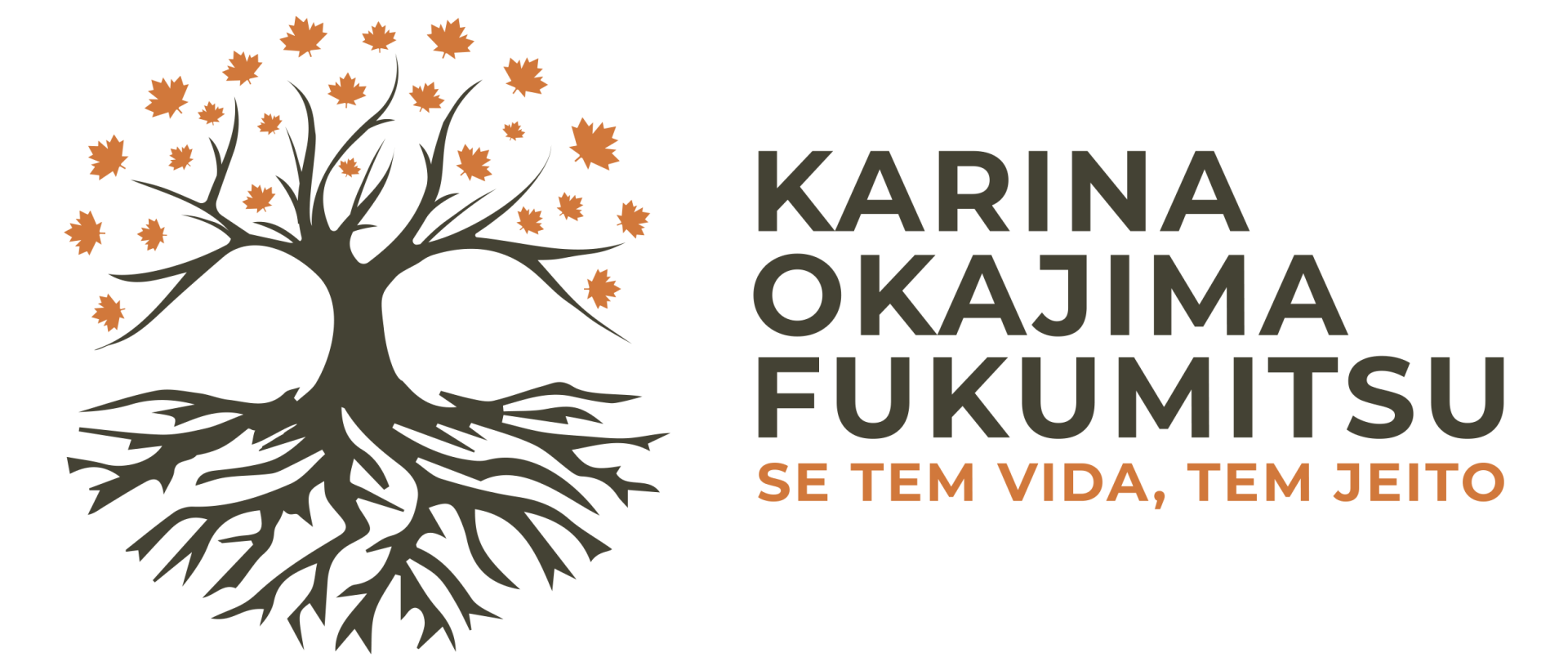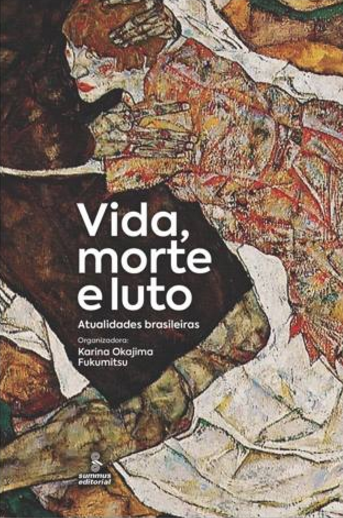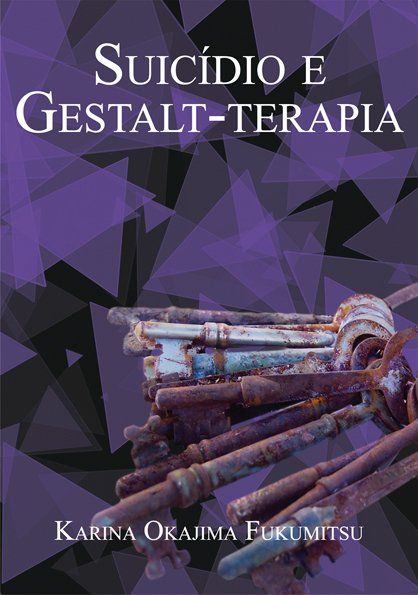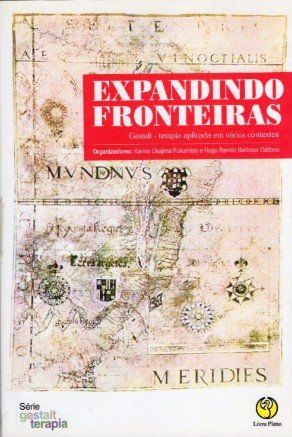PUBLISHED AND ORGANIZED BOOKS
"Wake up looking at the sun.
Wake up to what is good for you.
Take care of you and those you love and continue.
Today is a new day."
PUBLISHED AND ORGANIZED BOOKS
Life, Death and Grief
The reader's work is aimed at presenting the main care and management in situations of limitation of illness, suicide and mourning, and reiterates the view that, every time we talk about death, we also need to talk about the life. Written by health professionals, this multidisciplinary book updates the studies on death, dying, pain and mourning in Brazil. Aimed at psychologists, physicians, social workers, nurses, physiotherapists, occupational therapists etc., it covers topics such as: education for death; spirituality, human finitude, medicine and palliative care; death with dignity; need for full attention in life and death; Care and interventions for cardiac patients; death by AIDS, loss and mourning; comprehensive care and the challenges of living with chronic kidney disease; care for cancer patients; palliative care; intervention in the suicidal crisis; psychology of integrated risk and disaster management; when death comes home: mourning and longing; research and practices on mourning abroad and in Brazil; unauthorized mourning; suicide and mourning; support networks for mourners; the postgraduate thatology.
The authors: Ana Catarina Tavares Loureiro, Avimar Ferreira Junior, Daniel Neves Forte, Daniela Achette, Elaine Gomes dos Reis Alves, Elvira Maria Ventura Filipe, Emi Shimma, Elaine Marques Hojaij, Fernanda Cristina Marquetti, Gabriela Casellato, Gilberto Safra, Gláucia Rezende Tavares , Karina Okajima Fukumitsu, Leo Pessini, Marcello Ferretti Fanelli, Marcos Emanoel Pereira, Maria Carlota De Rezende Coelho, Maria Helena Pereira Franco, Maria Julia Kovács, Mayra Luciana Gagliani, Maria Luiza Faria Nassar de Oliveira, nun Coen Roshi, nun Heishin, Nely Aparecida Guernelli Nucci, Patrícia Carvalho Moreira, Pedro Morales Tolentino Leite, Protásio Lemos da Luz, Teresa Vera Gouvea.
Life is not the way we want it.
In September 2014, the author of this book was affected by ADEM (Acute Disseminated Encephalomyelitis) brain inflammation. The experience of a complex experience led her to write the work for fear that she would forget her story because of the concern that she would suffer the gradual and irreversible degeneration of her brain. She wanted to leave her story, narrated by her, to her children, at the time 8 and 6 years old. This book became, therefore, its psychic salvation, because it was able to elaborate the chaos and to find its way of existential serenity. In writing it, she considered the teachings learned by being a psychologist, Gestalt therapist, and suicidologist. It came out of the ashes and was reborn, and the result is presented in this work, in order to be a contribution to people who seek to cherish in their hearts, especially in times of adversity, and to show that "life is not the way people are wants, "but that" if you have life, you have a way ".
Suicide and Mourning: Stories of Surviving Children
The dragonfly arouses my admiration and curiosity not only for its characteristics, but for the precocity with which it dies, since it seeks to mate in a maximum term of two months - time between its last metamorphosis, when the larva turns into a dragonfly, and its death . Just like a dragonfly I am: irriquieta, rising or landing and constantly seeking a balaceamento and integration between polarities. Teci approximations between my fragmented experience, constant search for meaning and integration of my nuances with those of the children of parents who killed themselves. Suicide and Mourning: Stories of surviving children provides reflections on the suicide survivors' hiatus and on suicide suicide, and any post-suicide activity specifically in this book on suicide. Between birth and death by suicide, fragments remain, stories told and lived. The process of mourning embraces experiences that are meaningless, confused, punctured, shattered. Thanks to their resilience and transcendence, the survivors seek, through the reconciliation of their experiences, the sense of continuing their existence, despite the suffering caused by the suicide of their parents, and find themselves in a process of transformation.
Suicide and Gestalt-Therapy
For the author, the key symbolizes the way we open and close to the possibilities of our lives. Each key has its own secret and reveals by itself its uniqueness, it being up to us to choose between what to close and open.
The psychotherapist acts as a facilitator in revealing his clients' interest in life, so that they become aware not only of their needs, but also of their responsibilities to be alive.
The objective of this work is to bring to light, possibilities of instrumentalization to the professional of the health area, providing him with reflections in the psychotherapeutic process on the suicide and its intentionality, risk factors and procedures used.
Losses in Human Development: a phenomenological study
What would you do if you lost a piece of your puzzle?
• "Nothing, I would leave the puzzle aside."
• "There is no further use."
• "I'd throw that away."
• "I do not know."
Comparing the life of each of us to a puzzle, the author analyzes situations of loss, suffering and pain.
Each piece of our puzzle represents the life experiences we have to go through, our interactions and our relationships.
From this point of view, the expectation of response to this questioning, according to the author, would be: "I had to accept the fact that I lost."
Accepting loss is the central theme of this instigating book.
Eating Disorders: A Genetic Vision
Book Organized by Hugo Ramón Barbosa Oddone and Karina Okajima Fukumitsu for SERIES GESTALT-THERAPY, by Editora Livro Pleno. Out of circulation due to work distraction.
Gestalt and Gender
Book Organized by Hugo Ramón Barbosa Oddone and Karina Okajima Fukumitsu for SERIES GESTALT-THERAPY, by Editora Livro Pleno. Out of circulation due to work distraction.
Cinema and Creative Adjustments
Book Organized by Hugo Ramón Barbosa Oddone and Karina Okajima Fukumitsu for SERIES GESTALT-THERAPY, by Editora Livro Pleno. Out of circulation due to work distraction.
Expanding Boundaries
Book Organized by Hugo Ramón Barbosa Oddone and Karina Okajima Fukumitsu for SERIES GESTALT-THERAPY, by Editora Livro Pleno. Out of circulation due to work distraction.
Death, Suicide and Grief
Book Organized by Hugo Ramón Barbosa Oddone and Karina Okajima Fukumitsu for SERIES GESTALT-THERAPY, by Editora Livro Pleno. Out of circulation due to work distraction.
Gestalt therapy with children - Theory and Practice
Book Organized by Hugo Ramón Barbosa Oddone and Karina Okajima Fukumitsu for SERIES GESTALT-THERAPY, by Editora Livro Pleno. Out of circulation due to work distraction.



















